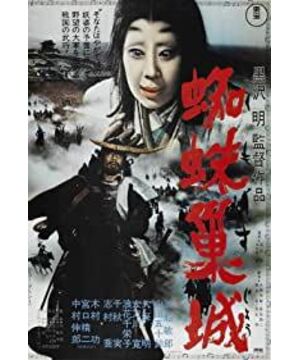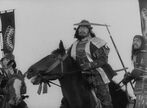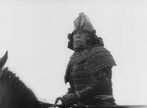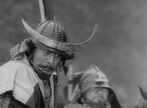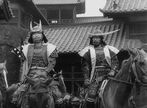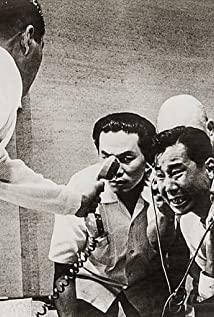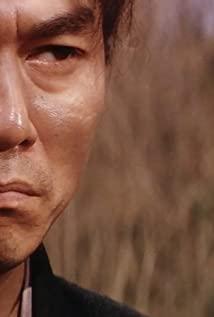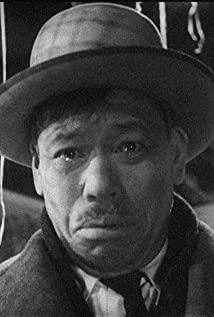During the peacetime, the fortitude, boldness, composure, bravery and other excellent qualities that Washizu Takeshi showed were all gone after the betrayal. Status rises, worth falls; castle is in hand, but power is lost; greedy, suspicious, conceited, cowardly, and ugly. What changed Washatsu Takeshi was what Akira Kurosawa saw as the weakness of human nature. The weakness here, specific to the film, is more complicated than that described in Shakespeare's original work. Desires, sins, betrayals, doubts, and other dark sides of human nature finally converged into the sudden collapse of the Bushido spirit that the Japanese admired. The complex warrior image of Washizu Takeshi has also become a dead wood on the spiritual pillar of the Japanese.
Master Akira Kurosawa, who is keen to teach us ordinary people the truth, is difficult to equate with directors with philosophical temperament such as Bergman from beginning to end, that is, because of his narrow national spiritual prejudice. Also exploring the evil of human nature, how can "Spider Nest City" compare to "The Virgin Spring"?
In fact, I agree that Akira Kurosawa is using a grand narrative to tell small truths. "Seven Samurai", "Ran", "Shadow Samurai", etc., only integrate his personal worldview and his views on the spirit of Bushido. If it comes to human nature, I would rather choose Ozu's works.
View more about
Throne of Blood reviews


